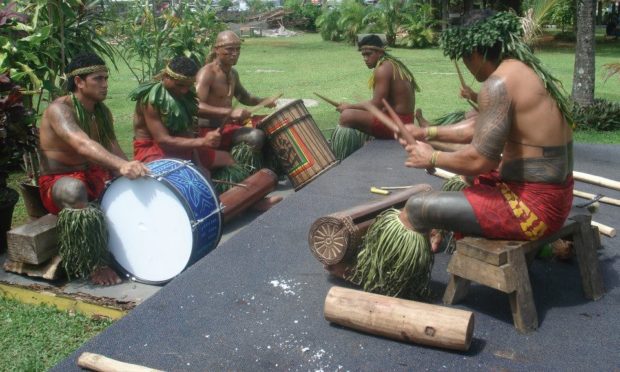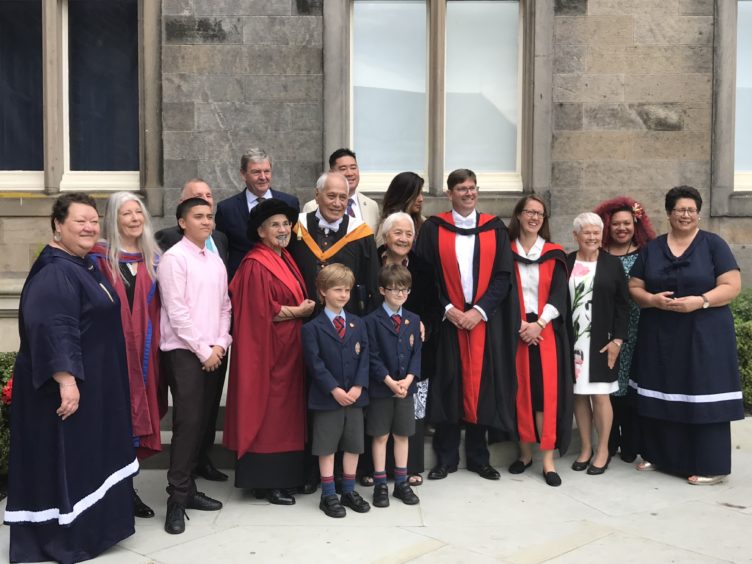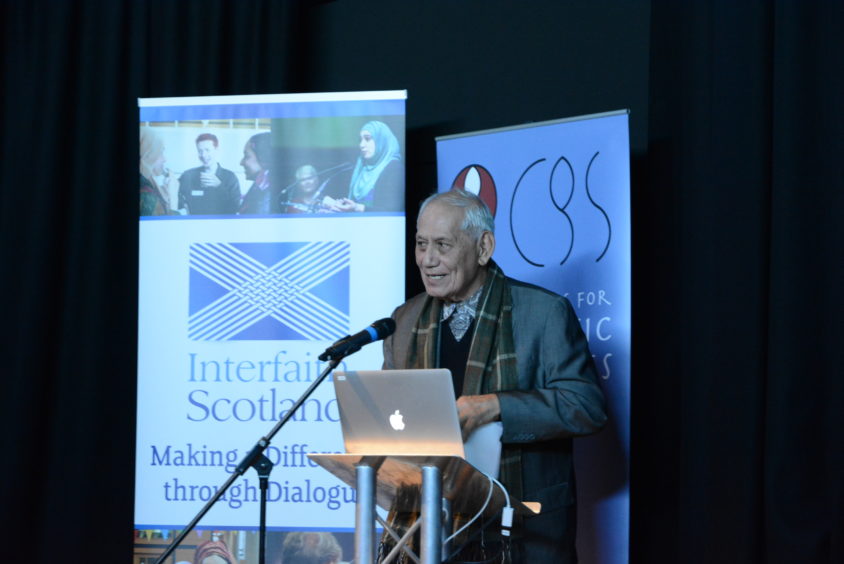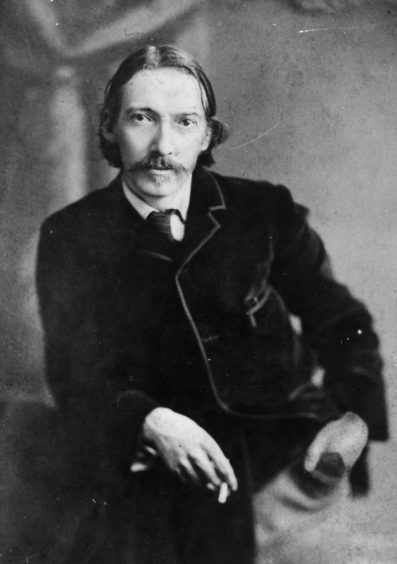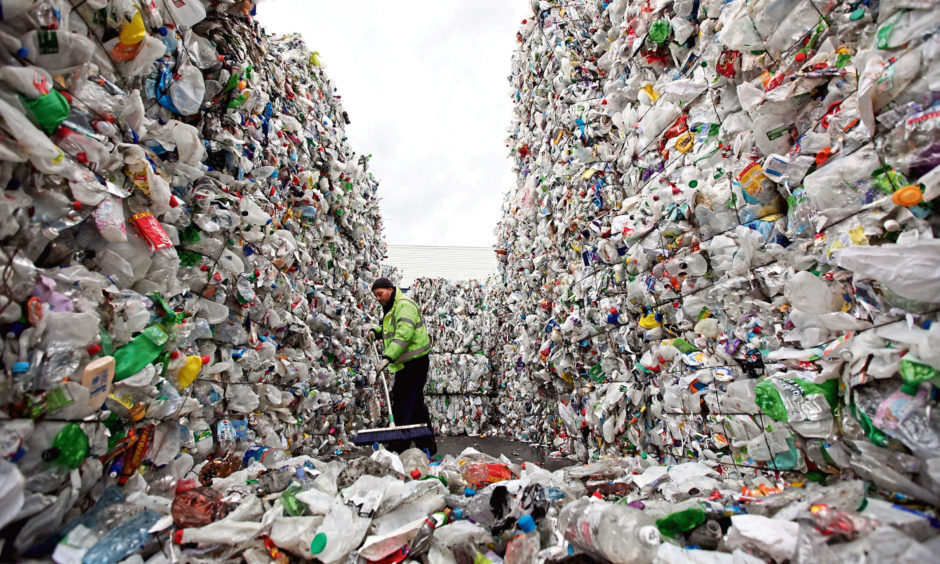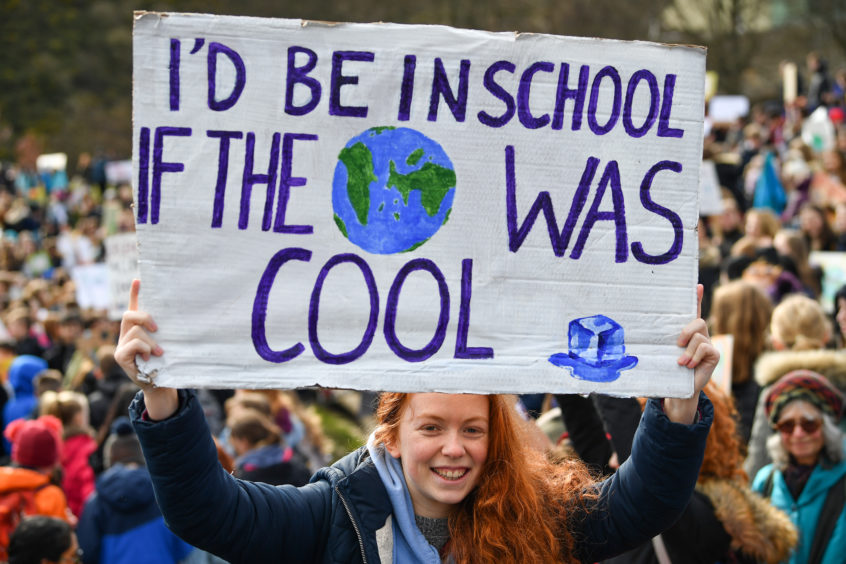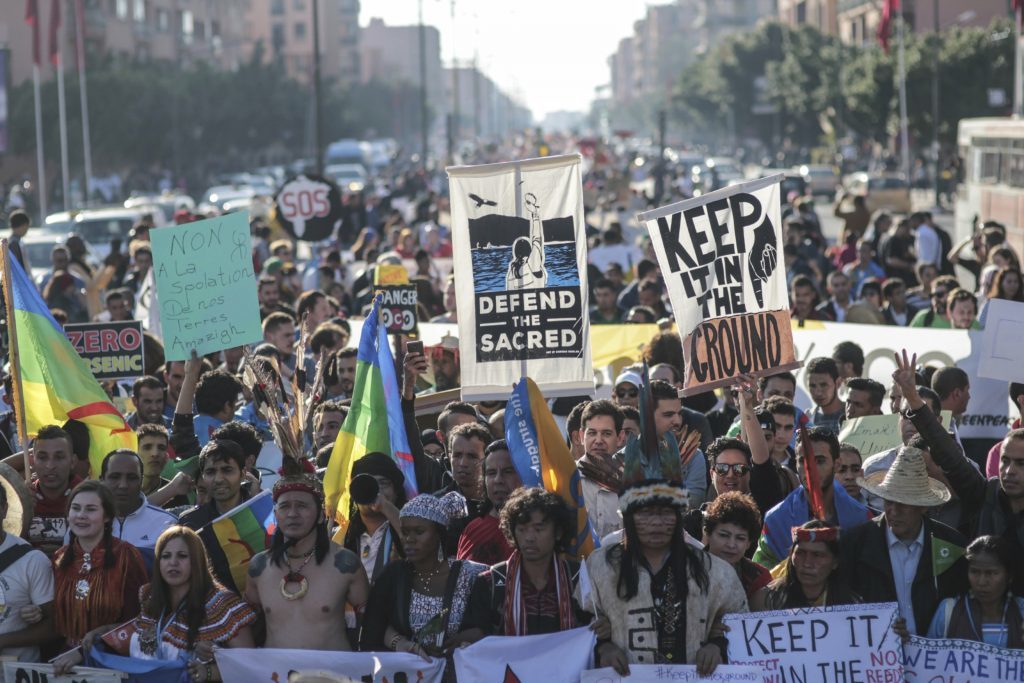An indigenous and interfaith approach to the planet’s ‘climate emergency is inspiring Interfaith Scotland to lobby for change. Michael Alexander spoke to the group’s director following a conference in St Andrews.
He is the former head of state who was born into the highest reaches of Samoan society and whose family connections with Scotland symbolise his international outlook on the world.
Not only did Tui Atua Tupua Tamasese Ta’isi Efi’s great grandparents became friends with Robert Louis Stevenson when he settled in Samoa in 1890, they sold the Scottish writer the hill-top Vailima estate – reportedly for a stiff price – where, known locally as ‘Tusitala’ (teller of tales), he built a house, lived well, and is now buried.
But having been presented recently with an Honorary Doctor of Letters at St Andrews University, Tui Atua’s decades-long warnings about climate change and the need for urgent global action is inspiring cross-religion cultural group Interfaith Scotland to step up their own campaign for action.
Speaking at a special Pacific Climate Cultures, Living Climate Change in Oceania conference hosted by St Andrews University, Tui Atua, whose low-lying Pacific country has been devastated by a growing frequency of violent cyclones, said: “Fundamentally the problem of climate change is a problem of arrogance and greed.
“If we want to seriously address the critical issues that face our world today we have to come up with something that is bold enough to allow us to say the unsayable”.
Now, Glasgow-based Interfaith Scotland director Maureen Sier, who spent five years living on Samoa with her family while studying for a PhD, is calling on faith communities to work even closer together to address the issue.
“The Climate Emergency is the critical issue of not only ‘our time’ but of ‘all time’,” she said.
“By faith communities, scholars, scientists, educationalists, governments and all people coming together to tackle this crisis head on we might just be able to stop the worst of it.”
Elgin-raised Mrs Sier, 60, now a mother-of-four and grandmother-of-six who studied at Aberdeen University, first got to know Samoa – and Tui Atua – whilst living on the island between the late 1990s and early 2000s.
The climate change conference was arranged in response to the former prime minister and head of state’s visit to St Andrews for his graduation.
Tua Atua’s family commitment to political service saw his grandfather challenge colonialism’s grip, and his father was amongst those who guided Samoa to independence in 1962.
Tui Atua himself served two terms as prime minister from 1976 to 1982, and from 2007 to 2017 served two terms as head of state.
In the 1970s, disturbed by the growing forces of globalisation and the waning relevance of Samoan customary knowledge, he was encouraged by his wife, Her Highness Masiofo Filifilia Imo Tamasese, to do something about it by writing a book.
Tui Atua has subsequently written several more books and dozens of scholarly articles and keynote addresses exploring Samoan customary and indigenous knowledge – with topics covering climate change, Pacific leadership, fragrance, cultural taboos, political discourse, traditional navigation, and bio-ethics.
He is highly respected as one of the foremost experts on Samoan language, culture and philosophy, and is renowned across the Pacific region as a leading voice on finding ways to decolonise the thinking behind the social and economic effects of a globalising world.
It’s his first hand, indigenous peoples’ perspective on climate change, however, which has struck a chord with Interfaith Scotland.
“To these low-lying islands that are being hit by increased cyclones and face disappearing under water from rising sea levels, it’s not a climate emergency – it’s a climate crisis,” said Mrs Sier, who supports the world faith Bahai which believes all the major religions of the world have something in common.
“It’s not something that’s going to happen in 10 years or after the tipping point – it’s something that’s happening right now. They are learning how to become resilient to climate change.
“But what I find empowering is that climate, religion, indigenous people are all saying the same thing – ‘we have to act now’”.
“There are lots of people working hard to do something and there are lots of people apathetic or ignoring it, who haven’t really picked up how serious it is.
“It needs industry, government, scientists, religion, ordinary people to say enough is enough.”
Mrs Sier said she was doing her bit by planting trees and “making sacrifices” by flying less and considering what produce she buys and from where.
But with six billion “religious people” on the planet, she believes religious leaders have a massive role to play in lobbying government to ensure far more fundamental change.
“The poorest and the most vulnerable are the ones that are suffering the most,” she added.
“Our western consumerist culture are not suffering as much as the poor but have the most waste, produce the most carbon.
“It’s really our lifestyle that’s doing it. One British child would use 20 times the resources of one child in a village in India. Easily.
“So we really have to think about what we are doing. It almost sounds old hat now to say ‘we’ll recycle. Cut down. Grow your own veg.’
“But there definitely needs to be mass change – a popular movement so that everyone is doing it.
“The other thing I think is amazing is school children – you just have to look at that amazing young Swedish girl who is campaigning.
“Climate change is happening now, but the tipping point changes are going to hit home hardest during their lifetimes, and that should bring the seriousness of the issues home to us all.”
